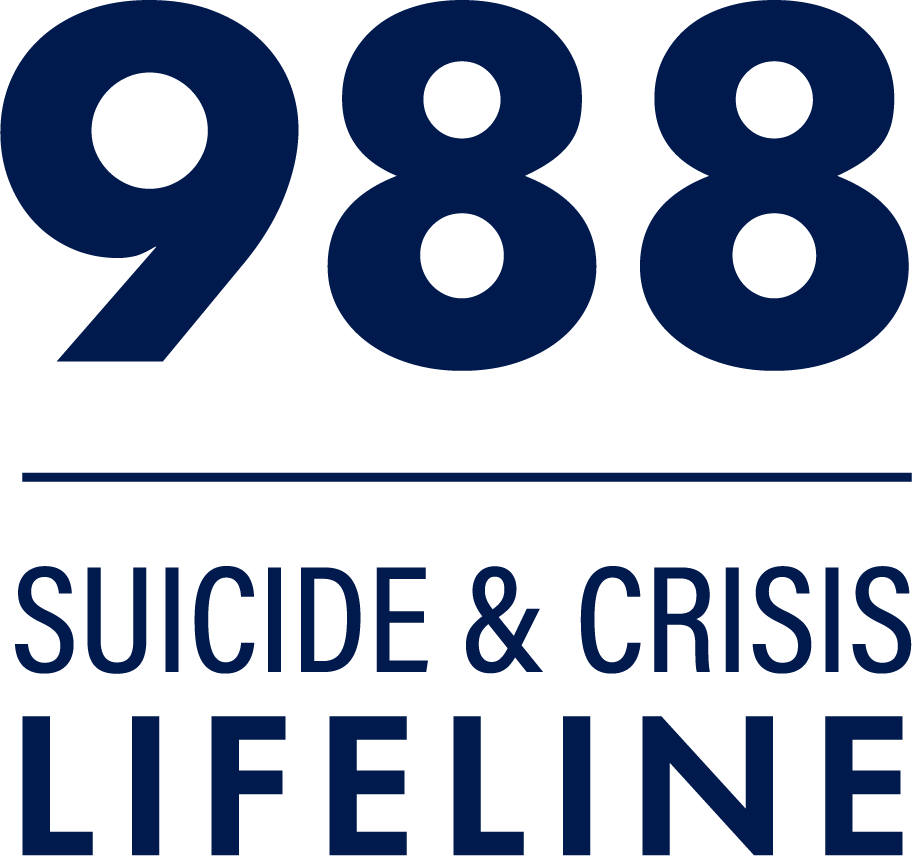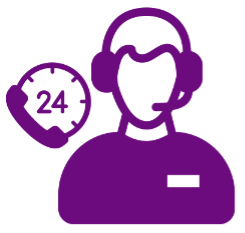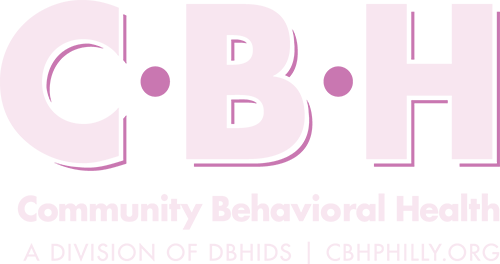Member Resources
Community Behavioral Health provides the following resources for informational purposes.

Get Help Now
You are one phone call away from getting immediate help. It’s free, confidential, and available 24 hours a day, 7 days a week.
Dial or text 988 for the Suicide & Crisis Lifeline.
Dial 911 if you, or someone else, is in danger or needs medical assistance.
Start a chat with trained professionals.

Call the CBH Member Services Hotline
888-545-2600
TTY: PA Relay, 711
Available 24/7/365
Visit the CBH Member Portal
The CBH Member Portal allows members to access their behavioral health information. Members can view benefits, claims, secure documents, and more.
Additional Behavioral Health Resources
Access Mental and Behavioral Health Resources in Philadelphia
HealthyMindsPhilly.org offers tools and resources to support and improve your mental health and well-being.
- Call, text, or live chat 24/7 for mental and behavioral health emergencies.
- Learn to identify, understand, and respond to signs of behavioral health challenges or crises.
- If you feel sad, anxious, or stressed access screening tools to help you decide if you need further help.
Learn About Substance Use Services
Problems with alcohol and substance use are very common. About one in every three people in the US will experience a substance use disorder in their lifetime. Learn about available treatment options.
Get A Ride to Medical Appointments
The Medical Assistance Transportation Program (MATP) is a shared ride transportation service available to people receiving Medical Assistance and is paid for by the Pennsylvania Department of Human Services (DHS). A Shared Ride service means that you will be traveling with other MATP members who are traveling to a location close to where you are going. In Philadelphia County, the MATP Program is run by Modivcare. In Philadelphia, you do not need to fill out an application for MATP services.
To learn more, please visit our Transportation Services resource page.
Get HIV Testing and Prevention
HIV (Human Immunodeficiency Virus) is a virus that attacks the immune system, making it difficult for your body to fight off infections and disease.
Everyone has an HIV status, and it’s essential to get tested so that you know yours. Ask your health provider for an HIV test, visit the Philadelphia Department of Public Health or call 215-985-2437 for help finding a HIV testing provider.
For more information, please see “Preventing HIV: Important Steps to Keep You Healthy.”
Learn About Domestic Violence Crisis and Prevention
Domestic violence happens in a family or an intimate relationship as a way for one person to control another. Most victims of domestic violence are women, but men can be victims too.
Domestic violence includes physical abuse such as hitting, kicking, choking, shoving, or using objects like knives and guns to injure the victim. It also includes harming someone emotionally by threats, name-calling, or putting someone down. Victims may be raped or forced into unwanted sexual acts. A spouse or partner may steal money and other items, destroy personal belongings, hurt pets, threaten children, or not allow someone to leave the home, work, or see their friends and family.
If any of these things are happening to you, or you are afraid of your partner, you may be in an abusive relationship. Domestic violence is a crime and legal protections are available to you. Leaving a violent relationship is not easy, but you can get help.
For more information, please visit our Domestic Violence Crisis and Prevention information.
Learn About Integrated Care For Your Well-Being
Integrated care is a collaborative, patient-centered approach that coordinates various healthcare services to address a person’s physical, mental, and social needs for comprehensive well-being.
Nutrition and Childhood Obesity
Childhood Obesity is a condition in which a child is significantly overweight for their age and height.
The Benefits of Healthy Eating
Healthy eating should not take you from the foods you love. Instead, healthy eating is a well-balanced, satisfying relationship with food. By taking on healthy eating habits, and teaching them to your children, you can reduce some serious health concerns for your family. Below are some of the benefits of healthy eating:
- More energy: Healthy foods (such as fruits, vegetables, whole grains, nuts, and beans) give you more energy than eating fast food and junk foods, such as cookies, candy, and potato chips.
- Good digestion: Drinking plenty of water and eating healthy foods helps the stomach work better. Good digestion reduces constipation, stomach pains and aches, and diarrhea.
- Looking better: Eating healthy foods will reduce acne (pimples). If your body is not receiving the right nutrition, it will fight back.
- Improves memory: Just as your body needs fuel, so does your brain. Eating fruits, vegetables, whole grains, “healthy” fats (such as olive oil, avocados, nuts, and fish), and lean protein will provide lots of health benefits, but such a diet can also improve memory.
The Impacts of Not Eating Healthy
Being overweight and obese in childhood (and adulthood) may lead to a variety of health and mental health problems and can lead to early death. (However, keep in mind that some medical conditions and mental health issues are genetic or may be in your family history.) Health problems and mental health issues linked to being overweight and obese include:
- Heart disease
- Cancers of the breast, uterus, and colon
- Diabetes
- High blood pressure
- High cholesterol
- Depression
Resources to Help with Healthy Eating
- The Women, Infants, and Children Program (WIC) provides healthy food and nutrition services to infants; children under the age of five; and women who are pregnant, have given birth, or are breastfeeding. WIC helps you and your baby eat well by teaching about good nutrition and giving food vouchers for use at grocery stores. You can ask your maternity care Provider for a WIC application at your next visit, call 1-800-WIC-WINS (1-800-942-9467), or visit the WIC website for more information.
- Philly Food Bucks helps people who use ACCESS cards/food stamps buy fresh produce. Philly Food Bucks can be redeemed for $2 worth of fruits and vegetables for every $5 you spend at a participating farmers’ market. Philly Food Bucks are accepted at over 25 farmers’ markets in low-income communities in Philadelphia.
- Healthy Corner Stores: Get Healthy Philly has teamed up with The Food Trust to work with corner stores in Philadelphia to improve access to healthy foods that can be purchased with ACCESS/food stamps/SNAP. Every corner store in the Philadelphia Healthy Corner Store Network has introduced at least four new healthy options, such as fresh produce, low-fat dairy, and whole grain products. Look for the Philadelphia Healthy Corner Store Network decal in the window of your corner store for healthy-eating options.
- Online References and Resources






